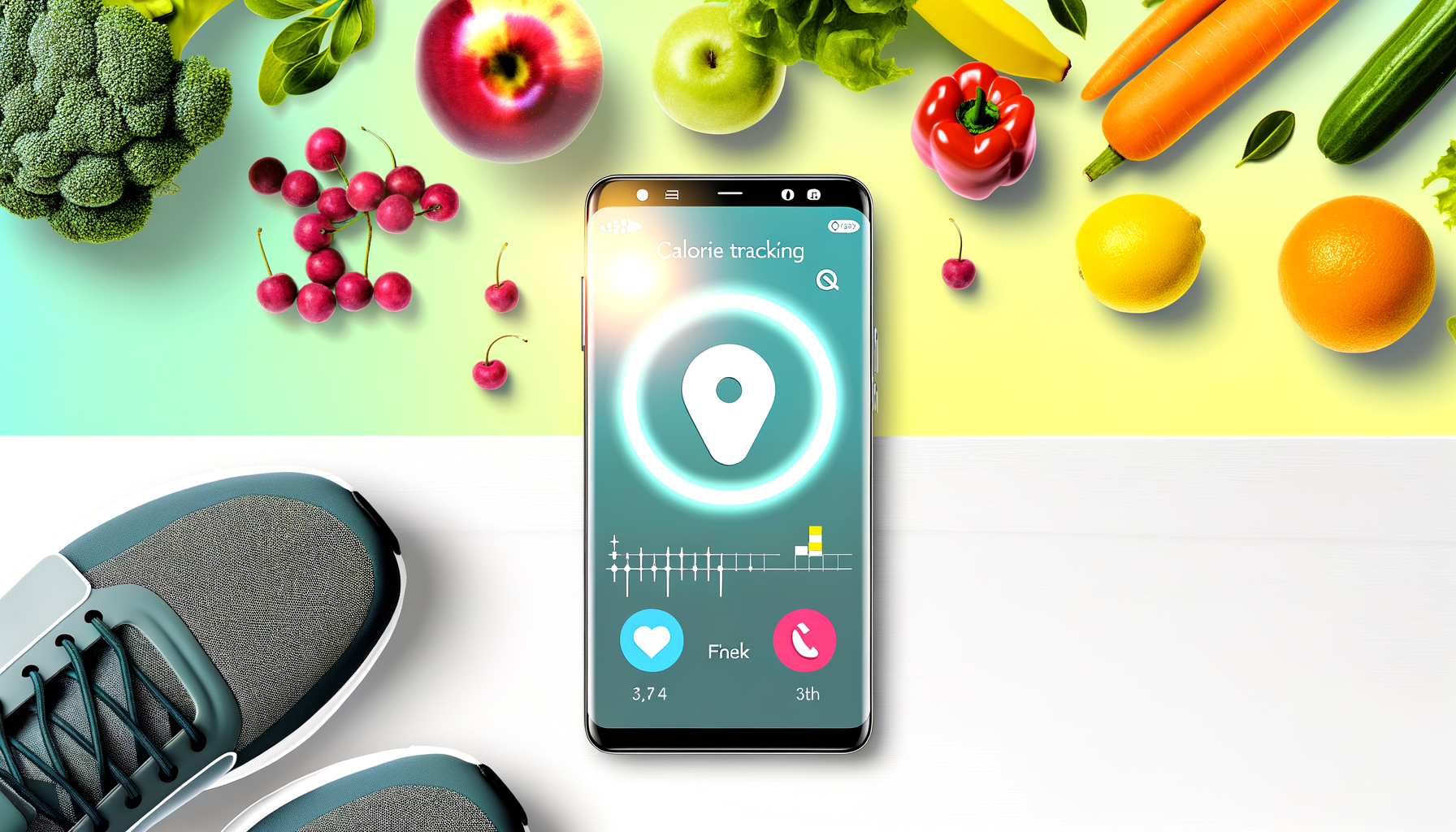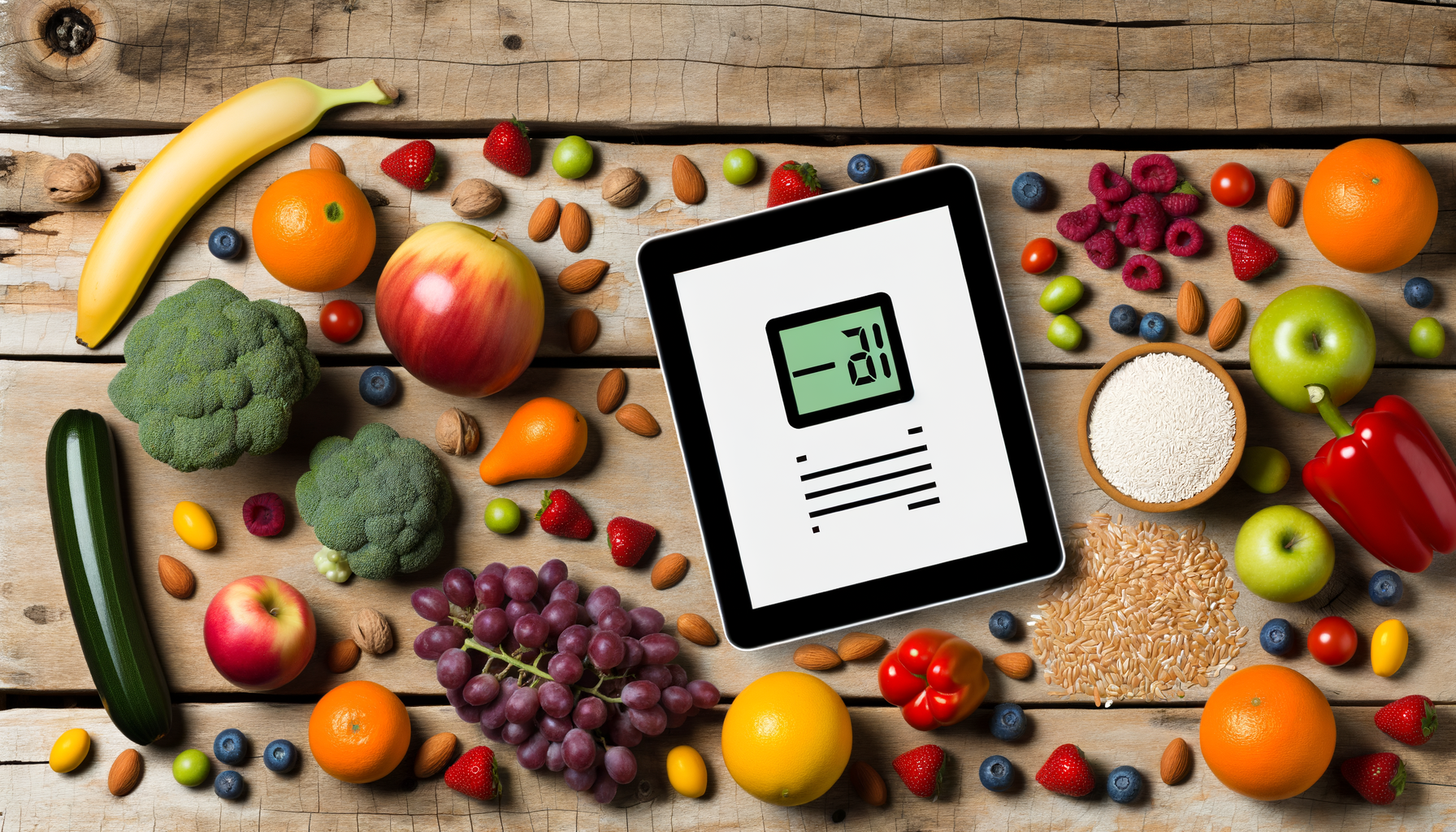Turn Your Calorie Calculator into a Powerful Client Assessment Tool
As a fitness professional, having the right tools can make all the difference in crafting personalized plans for your clients. A calorie calculator is one of those essential tools, but it can be far more powerful when integrated into a comprehensive client assessment framework. By leveraging data analysis, progress tracking, and behavior insights, you can elevate your coaching effectiveness and drive more significant client results. Let's explore how to transform your calorie calculator into a robust client assessment tool.
Understanding the Basics of Calorie Calculators
A calorie calculator typically works by estimating the number of daily calories a person needs to maintain their current weight, based on factors like Basal Metabolic Rate (BMR) and Total Daily Energy Expenditure (TDEE). Tools like the Mayo Clinic's Calorie Calculator or NASM's Weight Loss Tool provide a solid starting point for understanding these metrics.
Personalized Nutrition Planning
Personalization is key to effective client planning. By using advanced calculators that assess macronutrient needs, like Precision Nutrition's Macro Calculator, you can create diet plans tailored to your clients' specific goals and lifestyles. This approach ensures that each client's nutritional requirements are met, leading to better adherence and outcomes.
Integrating Data Analysis
Data analysis plays a crucial role in evaluating client progress and adjusting plans accordingly. By tracking changes in weight, body composition, and overall health markers, you can refine your approach to better suit each client's evolving needs. Tools like the USDA's Nutrient Database can help you analyze dietary patterns and make informed adjustments.
Leveraging Progress Tracking for Enhanced Coaching
Progress tracking is essential for maintaining client engagement and motivation. Regular assessments help identify patterns in client behavior that may need intervention. By monitoring progress over time, you can pinpoint areas where additional support is needed and adjust coaching strategies as necessary.
Behavior Insights: The Key to Sustainable Change
Gaining insights into client behavior is critical for creating sustainable lifestyle changes. Understanding why clients make certain food choices or struggle with adherence can help you tailor motivational strategies and educational content to meet their unique needs. Resources like the USDA's Dietary Guidelines provide valuable context on healthy eating habits.
Coaching Effectiveness and Client Results
Measuring coaching effectiveness is ultimately about evaluating the impact on client results. By using a calorie calculator as part of a broader assessment framework, you can quantify changes in body composition, energy levels, and overall health. This data-driven approach helps you refine your coaching methods and ensure that your strategies are yielding the desired outcomes.
Real-World Examples and Case Studies
Let's consider a real-world example. Suppose a client has a goal to lose 10 pounds in three months. Using a calorie calculator, you determine that they need a daily deficit of 500 calories. By regularly tracking their progress and adjusting their macronutrient intake based on calorie needs, you can ensure they stay on track. If challenges arise, analyzing behavioral patterns, such as eating habits and stress levels, can help you address obstacles proactively.
Implementing a Comprehensive Client Assessment Framework
To implement a comprehensive framework, start by integrating a calorie calculator with other assessment tools. For instance, you can use plugins like the WP Calorie Calculator on your website to attract visitors and generate leads. This can help streamline client assessments and provide immediate, actionable data. Additionally, consider exploring different pricing plans for these tools to ensure they fit your business model.
Conclusion and Next Steps
In conclusion, transforming your calorie calculator into a powerful client assessment tool requires a multi-faceted approach that incorporates data analysis, progress tracking, and behavior insights. By doing so, you can enhance your coaching effectiveness and drive better client results. If you're interested in enhancing your client assessment capabilities, consider exploring resources like Healthline for the latest in health and nutrition research or ACSM for professional certifications and guidance. Lastly, integrating tools like the CDC's Health Data can further enrich your client assessment framework, enabling you to offer more comprehensive support.
Whether you're a professional coach or just starting out, having the right tools at your disposal can make all the difference. Consider checking out other helpful resources like Nutrition.gov for insights into dietary planning, or explore how Open Corporation can support your business operations with a focus on health and wellness.
Ultimately, the combination of technology, data analysis, and personalized planning will help you create effective, sustainable client programs that yield lasting results.











